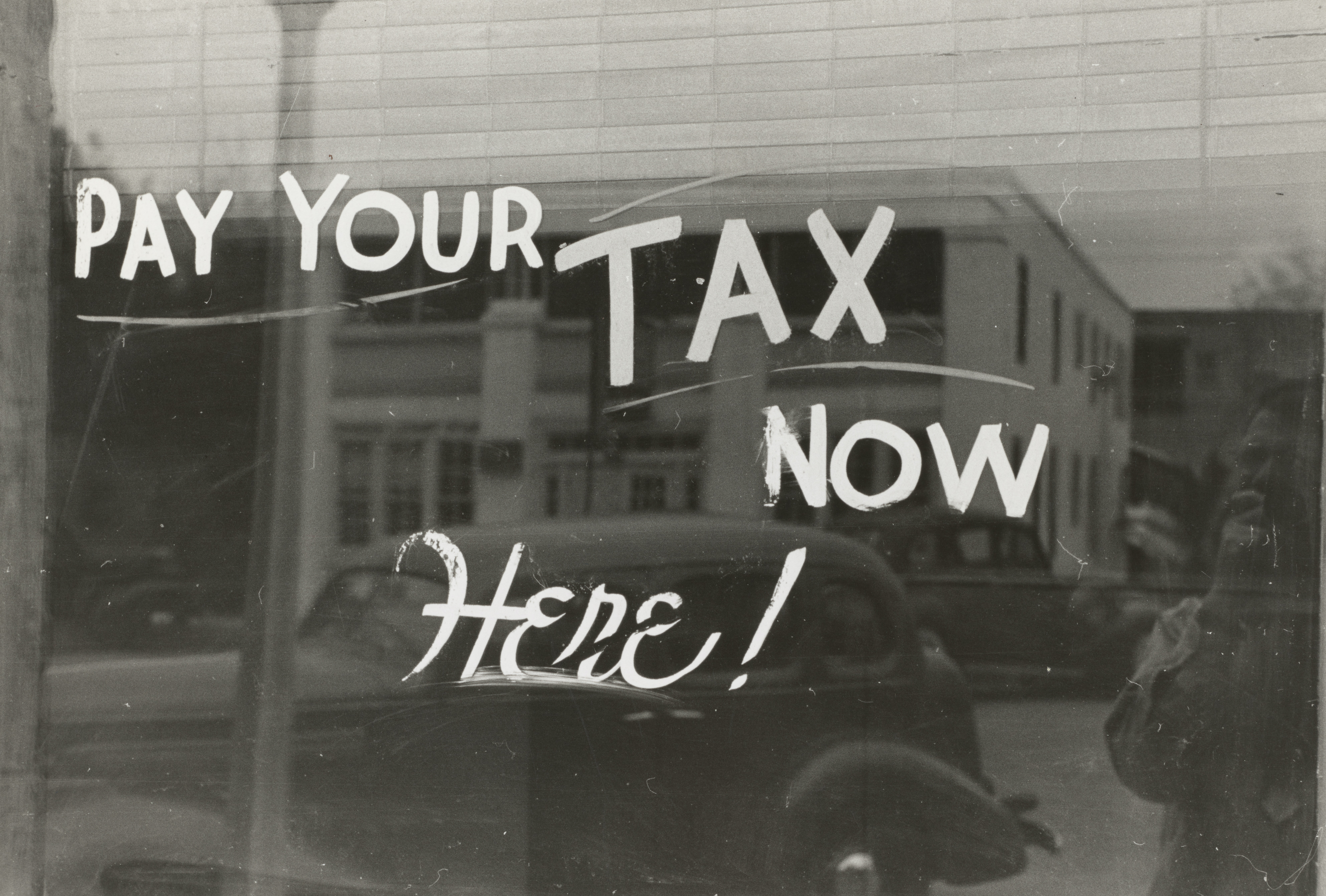By Peter Judge
Tax policy is a formidable tool in shaping economic behaviour and societal structures. As well as contributing to Government revenue, it can incentivise and support desired activities, disincentivise harmful activities, and help to redistribute wealth. Tax policy also can also help to suppress inflation (if used correctly, by controlling demand) and encourage investment.
Tax policy should also recognise that the economy is not equal. There are some sub-sectors or activities which particularly contribute to building productive capacity, and the economy must be designed to help support them. For example, shipping businesses are fundamental to making the whole of Vanuatu thrive but receive no real sustained support built into the tax system.
Four policy ideas are listed below for changes to the tax system to make it more efficient and to encourage desirable economic activity. They are designed to make it as cheap and easy as possible to grow, build, make, and move things in Vanuatu.
- Permanently remove almost every fee and charge in the economy – including at the provincial and municipal levels. There are large number of fees and charges throughout the economy are also costly to businesses – both in terms of time and money. Examples include the cost of a foreign wedding (VT100,000) or the cost of a work permit (VT200,000). These fees raise relatively small amounts of money for Government (approximately VT1 billion from all fees, compared to a forecast of VT18 billion for Value Added Tax or VAT this year).
It also hurts business confidence by increasing uncertainty (where will the next fee come from?) with many saying it made them feel like the Government does not want to support businesses. This is particularly the case when fees are introduced without notice.
Removing as many fees as possible would save businesses time and money while also providing them with clarity, certainty, and trust for the future. It would simplify the work of the authorities, allowing them to focus on their core role of service delivery, rather than raising revenue, while making digitisation a lot easier. It would also be a very compelling selling point for new investors. - Expand the 0% VAT rate and introduce a new 10% VAT rate, while keeping the current rate for most goods. This does introduce complexity to the business environment when the overall aim should be to simplify things, but it is an incredibly powerful policy tool which acknowledges differences between different goods and services.
The expanded 0% rate could be for societal reasons (for example healthy food or sanitary products, or goods heavily consumed by the poorest) or for products or services which are widely produced by micro businesses and for which it is unrealistic to tax (such as rural kava bars), or who no-one would want to tax (such as 20 Vatu mamas).
The 10% rate should be for economic reasons, to help unleash some of the key enablers and drivers of the economy, such as transport businesses or manufacturers. - Make businesses in the agriculture, construction/trades, energy, transport, and security sub-sectors exempt from all fuel taxes. These are core enablers of the economy, and fuel is a major cost for all of them. Removing fuel taxes for these businesses would help the economy go round more readily.
- Remove all import duties on key input goods that can’t be produced domestically – such as quality building materials or basic agricultural inputs. Once again, tax policy should be seeking to make it as cheap and easy to grow, move, make, and build.
Over the medium to long-term there is an argument that these four policy ideas will help to make the economy more efficient, and by encouraging growth, the overall pie will be larger, meaning that many of these reforms would pay for themselves. To what extent this will happen is of course unknown, and introducing them may cause short-term revenue falls. Therefore, if these changes were to be introduced, alternative ways to raise revenue may have to be considered.
Income tax (either on corporate profits or individual wages) is of course one option. It has many advantages – compared to almost every other tax it is progressive (the rich pay more), and it is less disruptive.
This is because it doesn’t impact the day-to-day operations of a business and is simply collected at the end (on profit) make the costs of operating a business more expensive and is simply collected at the end. In the medium term there is almost no doubt that Vanuatu will have to introduce an income tax to fund core services in a fair manner.
However, now is not the correct time to do so. The unfortunate reality is that a lack of income tax is one of the few real things that is currently attractive to potential investors – along with the lifestyle, the lack of competition, cheap labour, and in some cases regulation.
The Government should therefore first focus on improving the business environment and growing the economy, and then once that is achieved, it can revisit income tax. Energy policy, telecommunications quality, Government services, infrastructure, access to skilled labour, connectivity (especially Air Vanuatu), and the cost of doing business are just some of the major barriers businesses currently face.
In the meantime, the Government could introduce a requirement for businesses to declare their profits with the Vanuatu Financial Services Commission (VFSC). This would allow accounting standards to be developed and would give the authorities data to drive decisions, while laying the foundations to introduce income tax, which would be a major and difficult piece of work.
Other short-term options for raising revenue are considered below.
Turnover tax only applies to a limited number of businesses who export services and is generally done by highly educated high-earners — for example accounting firms providing offshore financial services or consulting firms writing reports for the UN. Much of this activity does little to boost Vanuatu’s productive capacity, and these businesses must contribute fairly. Turnover tax could be increased from 5% to 10%.
The banks made nearly VT2 billion in profit in 2022 and that is highly likely to have increased further in 2023 – for example ANZ have released their 2023 results and their profits more than doubled. More work is needed to work out what the best way is to tax the banks, but they can certainly pay more.
Stamp duty is one of the more progressive taxes in Vanuatu, as the products which are subject to this duty are predominantly bought by the richest. This could be raised from 7% to 10%.
The Government could also consider reform for Citizenship Sales, with a particular focus on transparency and simplicity – for example only having five approved agents.
This could help increase revenue without placing any further burden on the private sector.
Finally, the base VAT rate could be increased to 20%, and the VT4 million threshold could also be abolished (while giving micro firms three years to comply and providing them with extensive training and toolkits). The threshold is an excuse for many businesses to not pay tax when they should. The expanded 0% rate would be a far more accurate way of the Government deciding what should and shouldn’t be taxed.
This would of course make certain products more expensive and so is a difficult suggestion, but it is worth considering if it unlocks the four above idea to enable the rest of the economy to function more smoothly. It would also be hoped that when combined with other these ideas that price increases would be limited, due to falls in other costs such as shipping or energy.
Of course, substantial further work and consultation is needed for any of the above reforms, but the hope is that this article, as with the others, will help to spark debate on how to improve the business environment and drive sustainable development.
This is part of a series of articles by Peter Judge, Director of Economics and Research at Pacific Consulting Limited and author of the recent VCCI Private Sector Economic Outlook. The purpose of the series is to spark debate and further ideas. All views expressed are solely his own.

Peter Judge is Director of Economics and Research at Pacific Consulting Limited and author of the recent VCCI Private Sector Economic Outlook.





